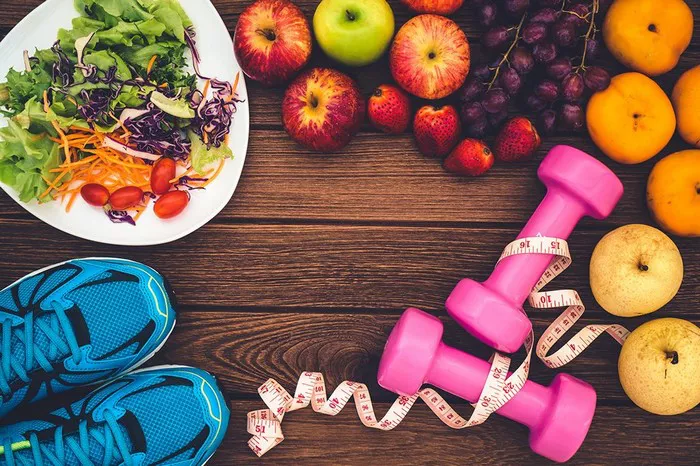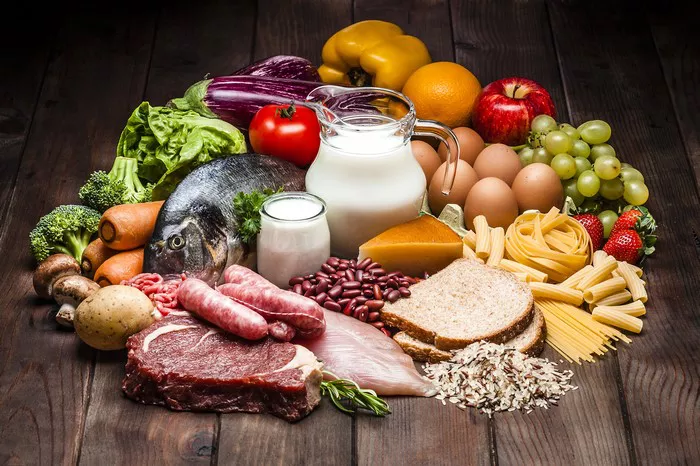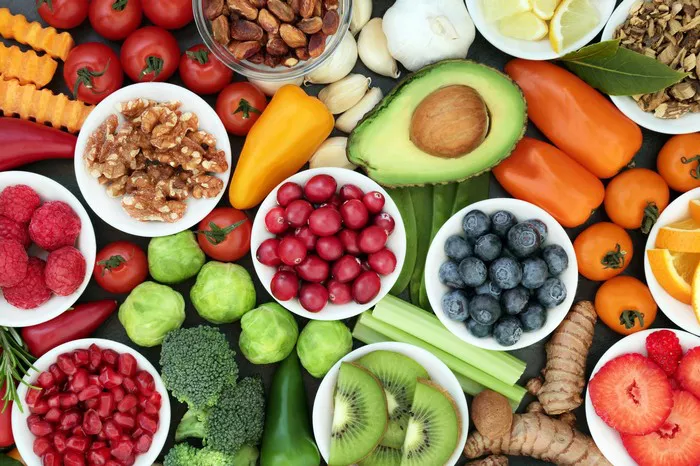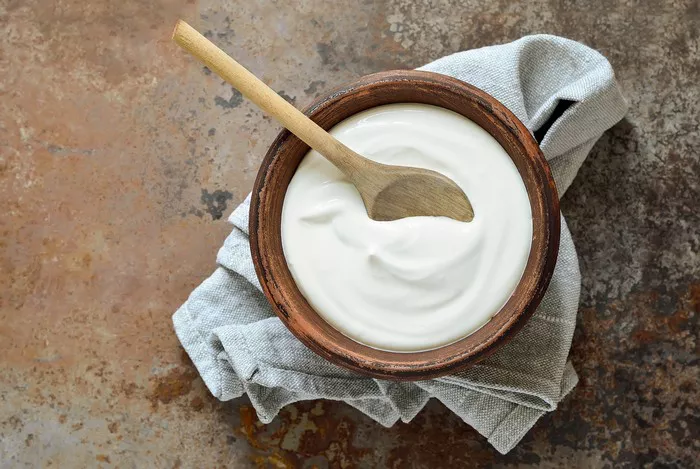An 800-calorie diet is considered a low-calorie regimen that can help promote weight loss when followed under proper supervision. However, it’s essential to approach such a diet with caution and consult a healthcare professional or registered dietitian to ensure it aligns with your individual health needs. If you’re considering an 800-calorie diet, it’s crucial to make smart food choices that provide essential nutrients while keeping calorie intake in check. In this article, we will explore a range of healthy food options that can be included in an 800-calorie diet to support weight loss and overall well-being.
Understanding the 800-Calorie Diet
Before diving into the food choices, it’s important to understand the principles of an 800-calorie diet. This type of diet involves significantly reducing daily calorie intake to create a calorie deficit, which can lead to weight loss. However, it is crucial to note that this level of calorie restriction should only be followed for a limited time and under medical supervision, as it may not provide sufficient energy and nutrients for long-term health.
Designing a Balanced 800-Calorie Meal Plan
When following an 800-calorie diet, it’s important to prioritize nutrient-dense foods to ensure you’re getting essential vitamins, minerals, and macronutrients while keeping calories in check. Here are some food options to consider when designing a balanced 800-calorie meal plan:
1. Lean Protein Sources
Protein is an essential component of any diet, especially when on a calorie-restricted plan. It helps promote satiety, preserves lean muscle mass, and supports overall health. Choose lean protein sources that are low in fat and calories.
2. Fibrous Vegetables
Vegetables are an excellent addition to any low-calorie diet as they are low in calories and high in essential nutrients, fiber, and water content. Opt for non-starchy vegetables that provide bulk without adding excess calories.
3. Whole Grains and Legumes
Incorporating whole grains and legumes can provide sustained energy and essential nutrients. While portion sizes will be smaller in an 800-calorie diet, you can still include quinoa, brown rice and lentils.
4. Healthy Fats in Moderation
Although fat is more calorie-dense than protein and carbohydrates, it’s still important to include healthy fats in your diet to support various bodily functions. Opt for moderate amounts of these healthy fat sources.
5. Fruits in Moderation
While fruits are nutrient-rich and provide natural sugars, they also contain calories. When following an 800-calorie diet, it’s important to consume fruits in moderation. Choose lower-calorie options and be mindful of portion sizes.
6. Hydration with Calorie-Free Beverages
Staying hydrated is essential for overall health and well-being. Opt for calorie-free beverages to quench your thirst and help control calorie intake.
7. Portion Control and Meal Planning
While the specific foods mentioned above can be incorporated into an 800-calorie diet, it’s crucial to practice portion control and meal planning to ensure you stay within your calorie target. Utilize measuring cups, a food scale, or consult a registered dietitian to accurately portion your meals and snacks. Meal planning can help you stay on track and make healthy choices throughout the day.
Seeking Professional Guidance
It’s important to emphasize that following an 800-calorie diet should only be done under the guidance of a healthcare professional or registered dietitian. They can assess your individual health needs, monitor your progress, and ensure you’re meeting your nutritional requirements while on the diet.
Conclusion
An 800-calorie diet can be an effective tool for weight loss when followed under proper medical supervision. However, it’s crucial to prioritize nutrient-dense foods, portion control, and meal planning to ensure you’re meeting your nutritional needs. Remember, an 800-calorie diet is a short-term strategy and should not be followed without medical guidance. To create a sustainable and healthy eating plan, consult with a healthcare professional or registered dietitian who can design a personalized approach that aligns with your specific needs and goals.






















